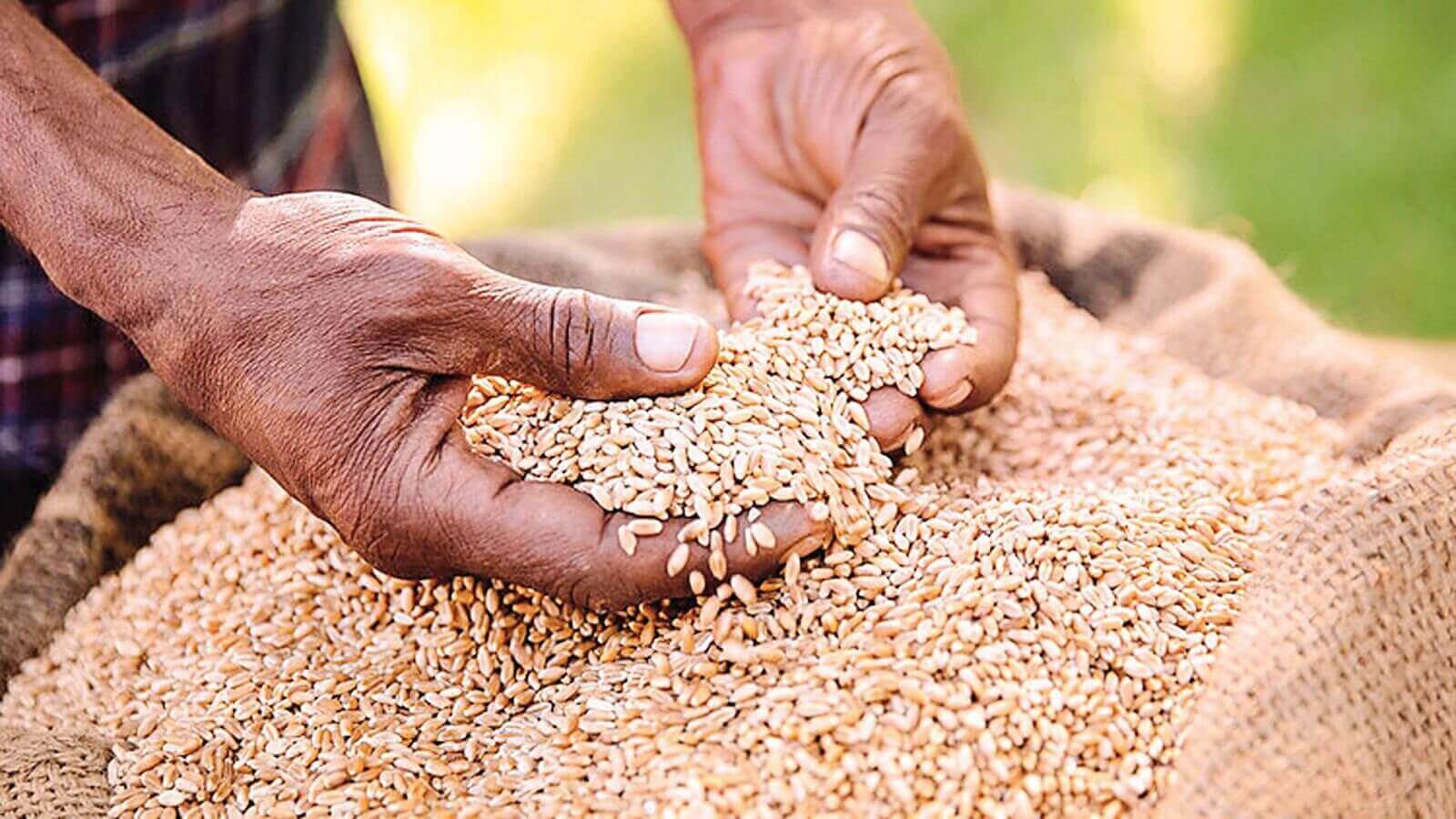
Tanzania is embarking on an ambitious multibillion-shilling investment plan to rejuvenate its barley industry and propel the country towards becoming a major exporter of malted barley. The centerpiece of this plan is the revitalization of the Kilimanjaro Malting Plant, located in Moshi, which is expected to benefit barley farmers nationwide by enhancing production and expanding market opportunities.
Barley production in Tanzania has been steadily growing at an impressive average annual rate of 13.11 percent since 1972. However, the industry has faced challenges due to an unstable market, leading to a decline in farmers’ morale. The multibillion-shilling investment by Tanzania Breweries Limited (TBL) is seen as a significant step in the right direction, with the potential to unlock the export potential of Tanzanian barley once the plant is fully operational, according to Hussein Bashe, Tanzania’s Minister of Agriculture.
To ensure efficient and cost-effective production, the revival plan for the Kilimanjaro Malting Plant will leverage modern technology. TBL plans to deploy the innovative RimoMalt system, developed by Swiss equipment manufacturer Bühler. RimoMalt represents a groundbreaking advancement in the malting industry, offering a fully modular and standardized malting technology that can adapt to the evolving demands of customers. This technological upgrade is expected to minimize production costs, addressing previous challenges related to high operating costs, particularly water and energy expenses resulting from outdated technology.
As part of the investment plan, Tanzania aims to engage approximately 17,500 outgrowers through contract farming arrangements to cultivate barley as a raw material for further processing by the local company. The government and TBL will oversee this initiative, which will be implemented in phases. The initial phase will benefit barley farmers in regions such as Manyara, Kilimanjaro, Mbeya, and Rukwa. Tanzania’s participation in the Continental Free Trade Area as a signatory member positions the country to not only become a major exporter of malted barley but also a leader in leveraging modern technology for agricultural advancement.
Tanzania’s goal is to eliminate the need for importing malted barley within the next three years, instead focusing on exporting to other countries. In 2021, Tanzania exported $81.4k worth of barley, making it the 64th largest exporter of barley globally. Notably, the fastest-growing export markets for Tanzanian barley between 2020 and 2021 were Uganda ($64.5k) and Ireland ($3).
The Kilimanjaro Malting Plant revival project will be executed in phases, with the first phase commencing in the 2023/24 fiscal year. An investment of $10.5 million will enable the production of 12,000 metric tonnes of malt. The subsequent phase, slated for the 2024/25 fiscal year, will further expand the project’s construction to produce 16,000 metric tonnes of malt, with an investment of approximately $6.3 million. Once fully operational, the revitalized malting facility will have the capacity to process 32,000 tonnes of barley per year, a significant increase from its previous capacity of 15,000 tonnes.
The multibillion-shilling investment in Tanzania’s barley industry signifies a promising future for both farmers and the economy. By leveraging modern technology, increasing production capacity, and tapping into export markets, Tanzania aims to strengthen its position in the global barley market while improving the livelihoods of its farmers and contributing to economic growth.
Stay updated with the latest farming tips and agriculture industry news from Africa by subscribing to our newsletter. Don’t miss out on valuable insights and updates. Follow us on Twitter, LinkedIn, and Facebook to join our farming community and stay connected with us.



















Leave a Reply